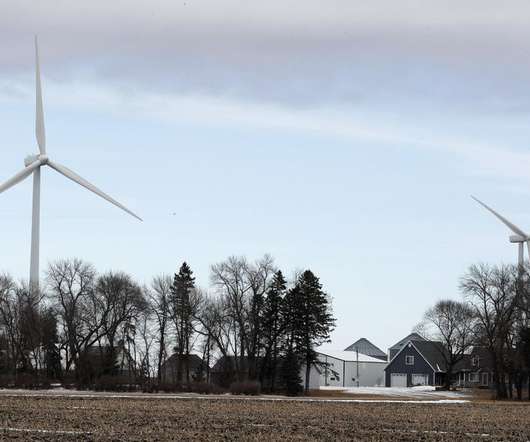USA & China Electricity Generation TWh & CO2e Trajectories Since 2000 Are Startling
CleanTechnica EVs
MARCH 1, 2024
For a decade I’ve been tracking the exponential expansion of wind, solar, and to a lesser extent hydro electricity generation. continued] The post USA & China Electricity Generation TWh & CO2e Trajectories Since 2000 Are Startling appeared first on CleanTechnica.
























Let's personalize your content